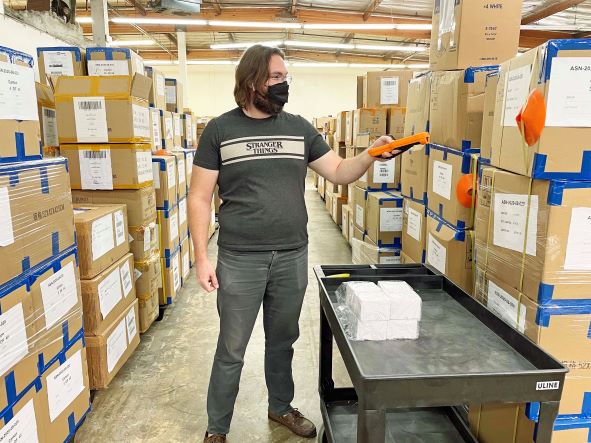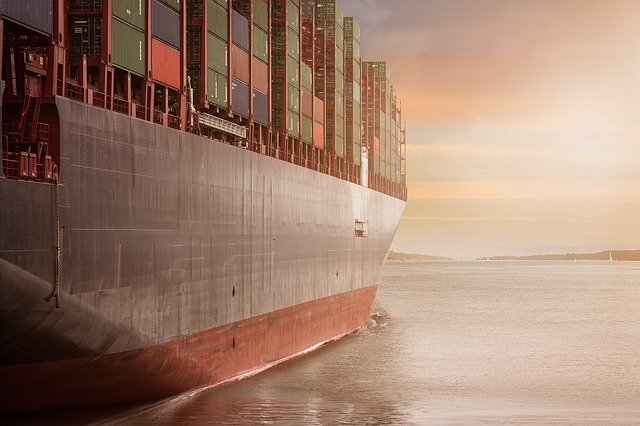A six-month warehouse-wide hard-count inventory audit by luxury and collectable online watch retailer, Watch Gang, has registered a 0% shrinkage rate for the first time and highest-ever customer service levels.
Since switching to technologically advanced cloud-based WMS SnapFulfil, the rapidly expanding e-commerce retailer has a more streamlined, optimised and cost effective fulfilment solution that has dramatically reduced the processing time of an average order.
Sam Christian, SVP of Operations at Watch Gang, said: “SnapFulfil consistently saves us both time and money. Being a luxury brand, service levels are now meeting our very exact standards, which support our ambitious growth strategy. SnapFulfil now serves as both the pilot and the plane within our organisation.
“It’s also functionally rich, which facilitates speed and tracking accuracy, as well as improved productivity. I particularly like the AutoMode feature for task allocation to warehouse associates, because each new task is assigned dynamically by the system, so that the daily workflow maintains flexibility throughout an ever-changing warehouse workday.
“A single RF user can be seamlessly guided from picking 30+ orders and dropping at a pack station, to replenishing a separate pick slot from our bulk area, to auditing the count of a location, and beginning the receiving of new product that has just arrived – all without external guidance.”
Today, Los Angeles-based Watch Gang handles thousands of closed tab shipments and subscription orders in days – rather than weeks – and there’s also been a perfect count on SKUs from day one and not a miss-shipment since.




